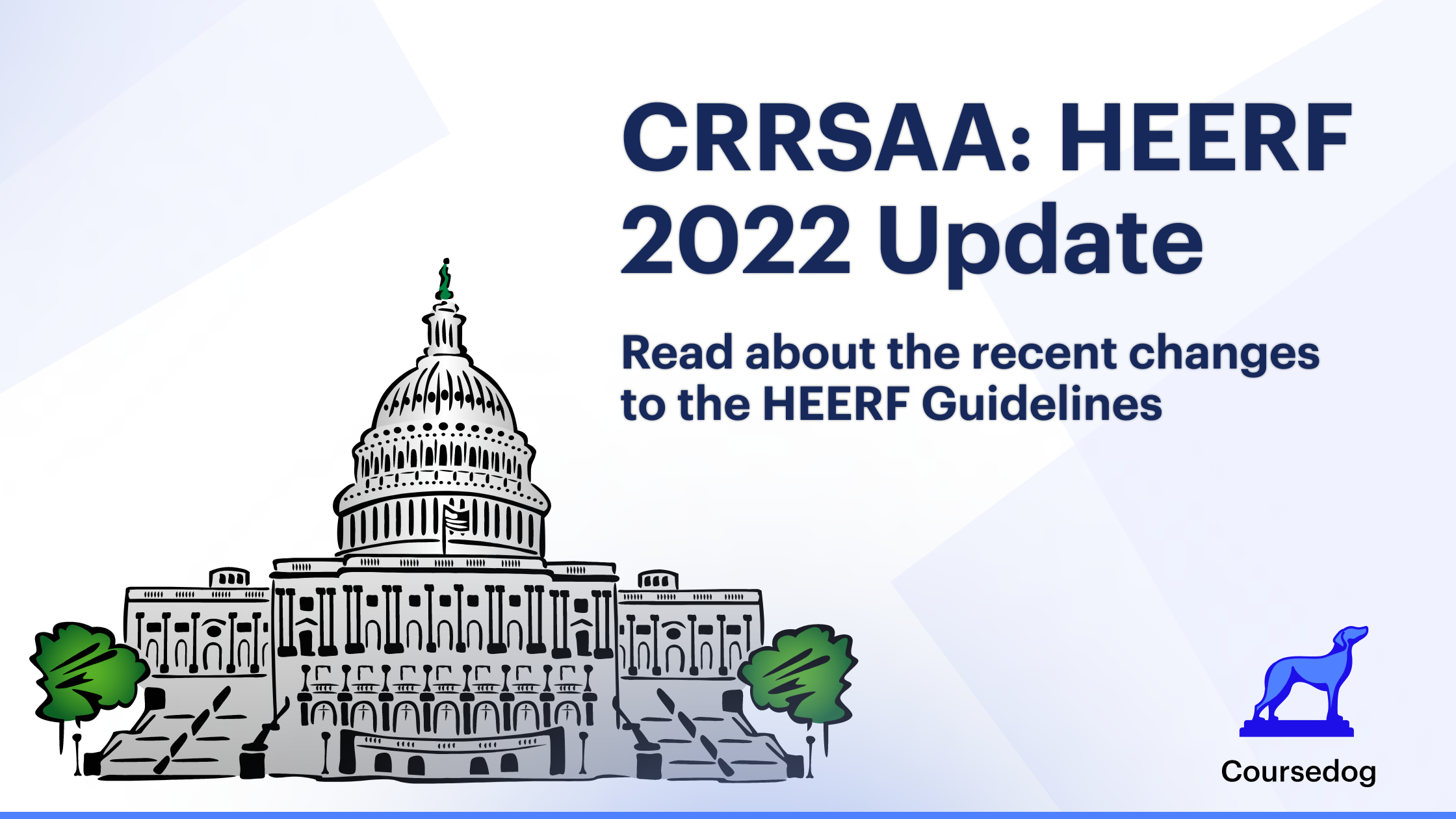What the Research Tells Us About the Connection Between Course Access and Student Success

Course access directly impacts students’ ability to succeed. Learn what the research says and how course accessibility may be preventing students at your institution from getting into the courses they need.
Student retention initiatives focus on many aspects of the student experience; however, course access isn’t always part of the conversation. Yet, recent studies indicate that improving course access and increasing the number of credit hours students take each term is just as important to focus on. The number of credits a student takes in their first term and year is a strong indicator of on-time program completion.
Examine the three topics below to better understand the connection between course accessibility and its impact on student success metrics.
Studies show the direct connection between course access and student completion
Enrolling in a full load of courses right out of the gate is key to improving student success according to a recent study at the University System of Georgia. 54% of students who take 15 or more credit hours in their first term at a state university graduate within 6 years compared to 43% of students who enrolled in 12-14 credit hours.
The same study showed completion rates continued to decline as student credit hours decreased. Students who were enrolled in 7-11 credit hours had just a 22% graduation rate, and those enrolled in six or less credit hours had a 13% graduation rate. Studies done in other states have shown similar results.
Course accessibility and other external factors prevent students from taking the courses they need
Course accessibility as well as other external factors prevent students from taking the courses they need. Historically, it was assumed that students were singularly devoted to their studies and most would attend college and transfer without much issue according to Donna McDaniel, vice president of instruction at Texarkana College. Now, students face a variety of unique challenges outside of the institution that are compounded by often difficult to navigate systems inside of it.
Advice from friends and family can mislead students to “ease into” their college career by not taking a full load. In other cases, financial aid requirements may mislead students to believe that 12 credit hours — the course load required for financial aid approval — is adequate.
Additionally, work outside of school can pose challenges for students. “Students who work a full-time job during the school year are half as likely to graduate with a Bachelor’s degree…Every additional hour of work beyond 12 hours a week reduces graduation rates,” says education expert Mark Kantrowitz.
Consequently, institutions need to consider how external factors impact students’ ability to take the courses they need. “Increasingly [advisors are] having to approach students with more open-ended questions, recognizing that there’s a broader array of issues that may be impacting [them]” observed Tina Nazerian, Postdoctoral Research Associate at the Community College Research Center.

Consider how course scheduling practices at your institution directly impact course access
Course schedules are often built without student needs put at the forefront, instead putting faculty preferences and convenience first. In a study done by AACRAO on course scheduling, institutions described their own scheduling practices as “medieval.” Faculty availability was almost unanimously rated by study participants as the most important factor in scheduling, with data from student plans of study coming in last.
However, students should not be forced to choose between required prerequisites offered at the same time, nor should students have to delay their studies due to courses offered at inconvenient times.
“Often students are not able to take the full schedule they might take because of the way we create the schedule,” says Dr. Tristan Denley, the Deputy Commissioner of Academic Affairs and Innovation for the Louisiana Board of Regents

Course Scheduling Essentials for Equitable Access & Completion
Course scheduling is a critical tool to keeping students on the path to completion. Help all students access the courses they need to complete their degree.
Download White Paper



.jpg)
.jpg)
.jpg)

.jpg)
%20(1).png)








.jpg)































%20(1).jpg)









